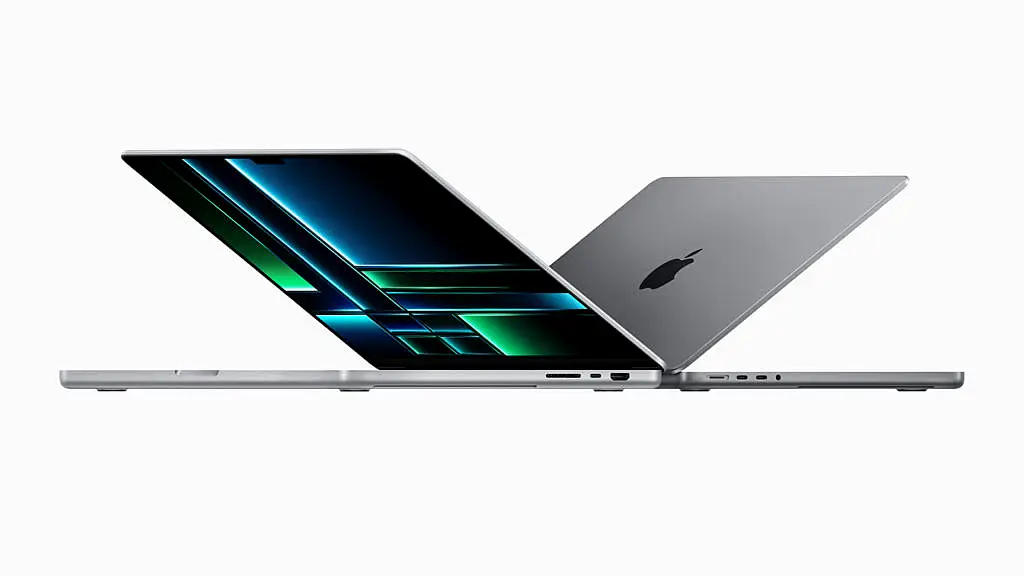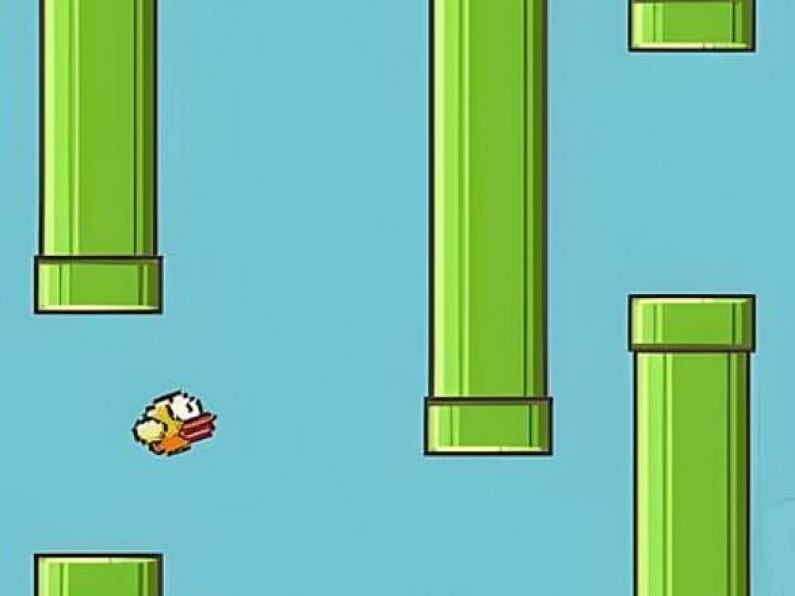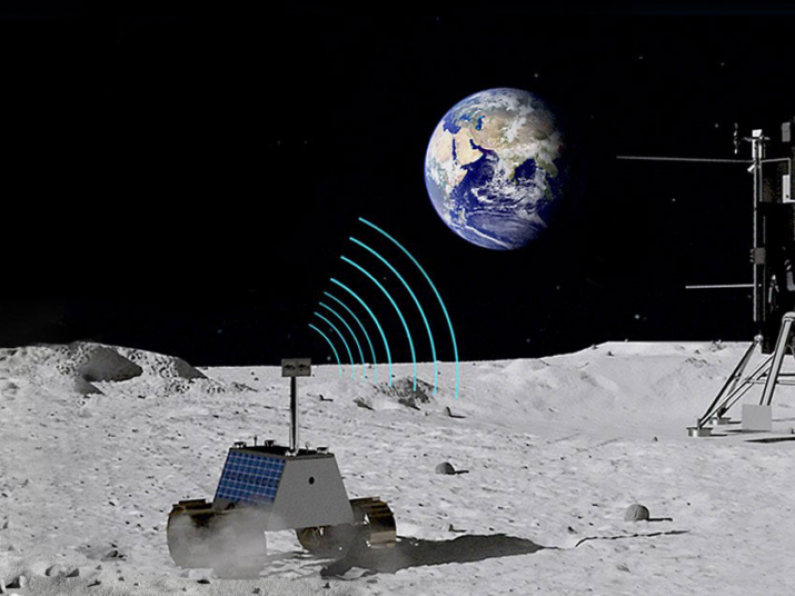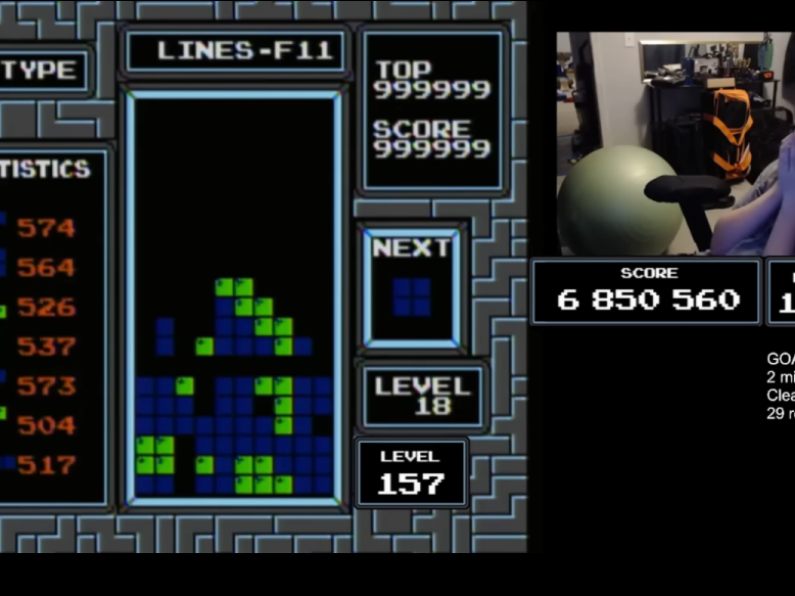Scientists steered lightning bolts with lasers, a new Macbook has been revealed and a woman receives a 3d printed ear, all in this week in tech.
New MacBook Pro
Apple has unveiled new MacBook Pros and Mac minis based on its M2 Pro and M2 Max chips. The M2 chips enable 8K video output, Wi-Fi 6E, up to 96GB of unified memory, and an extended battery life. The new chip (M2 Pro) is 25% faster than the M1 Pro chip for Xcode compiling. The M2 MacBook Pros and minis can be preordered now and will be available on January 24.
A report from Bloomberg's Mark Gurman claims that Apple is seriously considering producing touchscreen Macs. However, none are part of this new lineup.
The first touchscreen Mac might be a MacBook Pro with an OLED display in 2025 however the company says it is not actively working to combine iPadOS and macOS. The idea of a touchscreen Mac has been dismissed by Apple for many years.

Googles new tracker
Google is reportedly developing a Bluetooth tracking device to compete with Apple's AirTags. The Nest team appears to be taking the lead on the project. The tracker, named 'Grogu' in reference to the popular Star Wars series 'The Mandalorian', may be available in multiple colours. It is unknown when the tracker will launch or how long it has been in development.
Scientists steered lightning
Scientists successfully steered lightning bolts with lasers last year during heavy storms on top of a Swiss mountain. The feat involved firing powerful laser pulses at thunderclouds for more than six hours. By changing the refractive index of air and ionizing the air molecules around them, the lasers created an easier path for electrical discharge to flow down. The technology could lead to laser-based lightning protection systems at airports, launchpads, and tall buildings.
3D-printed ear
A woman received a 3D-printed ear transplant as part of the first clinical trial of human-cell-3D-printed grafts. The cells for the ear were grown from cells taken from the patient. Results from the trial so far are promising. If the transplant is successful, the researchers will explore how other replacement body parts can be created via 3D printing.
A woman has received a 3D-printed ear transplant as part of the first clinical trial of human-cell-3D-printed grafts. The cells for the ear were grown from cells taken from the patient. Results from the trial so far are promising. https://t.co/D9HXnoXgN6
— Clo Willaerts (@bnox) January 18, 2023
Stay up to date with our weekly tech news update here.






